Showing 13–24 of 53 results
-
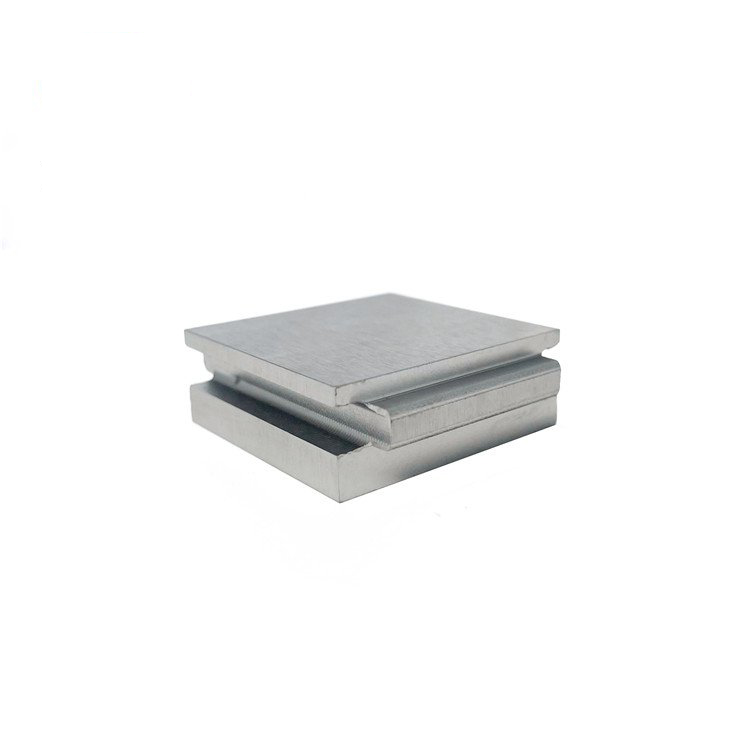
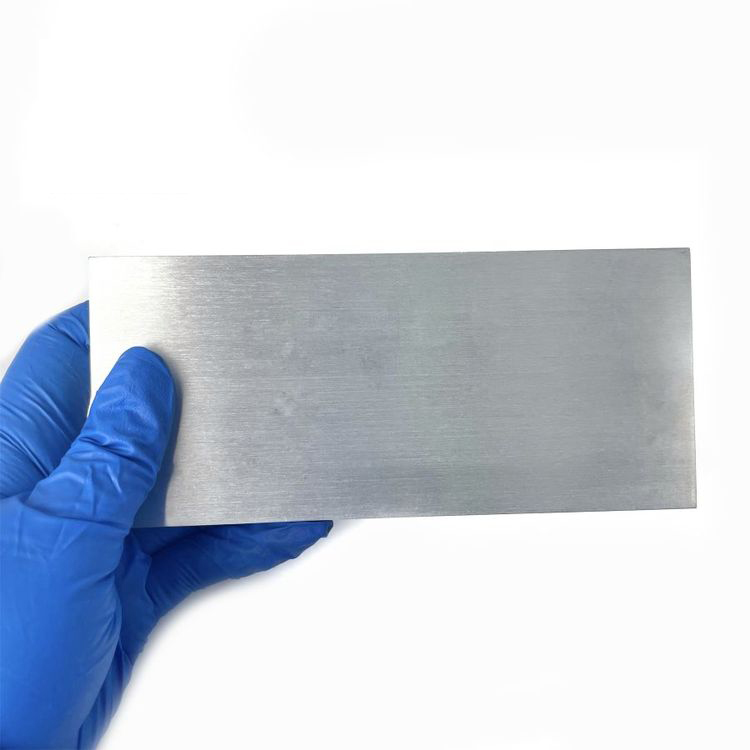
- Good Electrical Conductivity: The combination of aluminum and copper offers excellent electrical conductivity, making it ideal for use in electronic and photovoltaic applications.
- Thermal Stability: AlCu films have excellent thermal stability, which is essential for applications in environments with varying temperatures, such as in electronics or solar cells.
- Corrosion Resistance: The alloy exhibits good resistance to corrosion, enhancing the durability and longevity of thin films.
- Low Resistance: The low resistivity of AlCu makes it ideal for interconnects and conductive layers in semiconductor and photovoltaic devices.
- High Deposition Rate: AlCu sputtering targets offer a high deposition rate, ensuring efficient production of high-quality thin films.
-
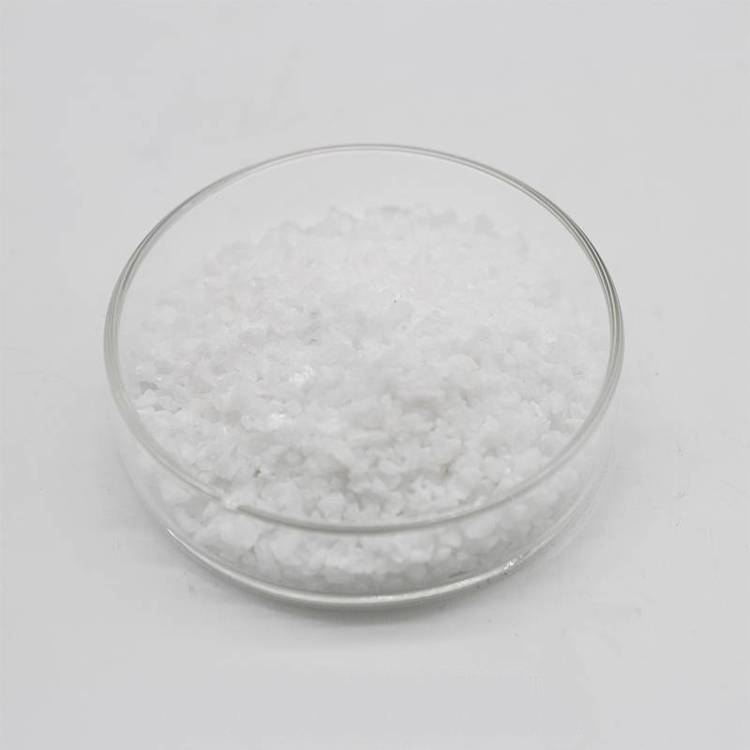
- High purity (≥99.99%).
- Excellent thermal and chemical stability.
- Low refractive index for superior optical coatings.
- Uniform pellet size for consistent deposition results.
- Customizable sizes and packaging for various applications.
-
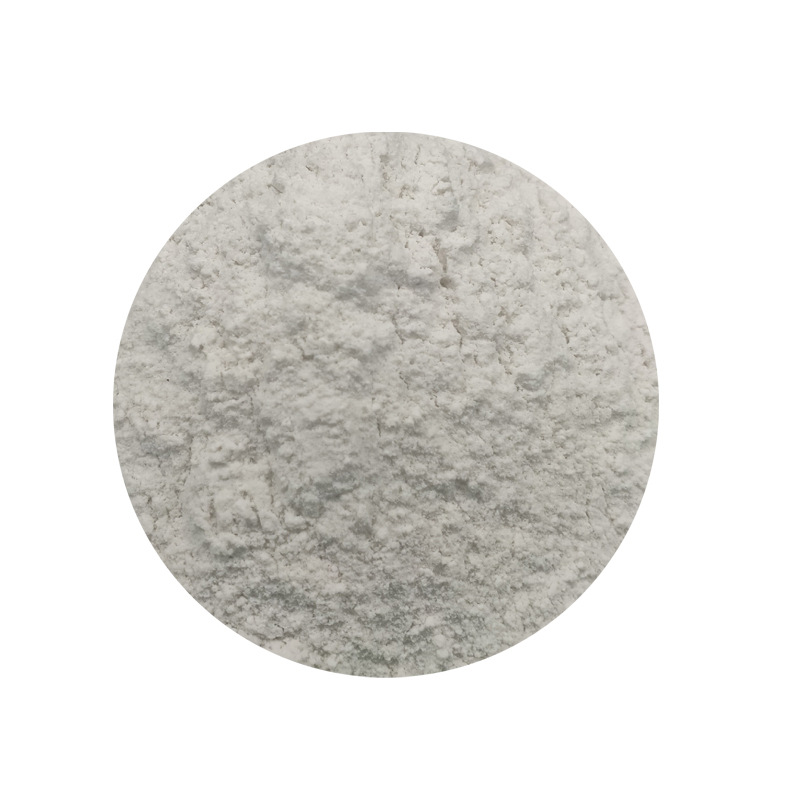
- High Purity: Available in high-purity grades to meet industry standards.
- Chemical Stability: Exhibits excellent resistance to high temperatures and aggressive chemicals.
- High Melting Point: With a melting point of 1,300°C, it performs well in high-temperature environments.
- Electrical Insulation: Provides high electrical insulating properties.
- Versatility: Used in diverse applications, from aluminum production to glass manufacturing and more.
-
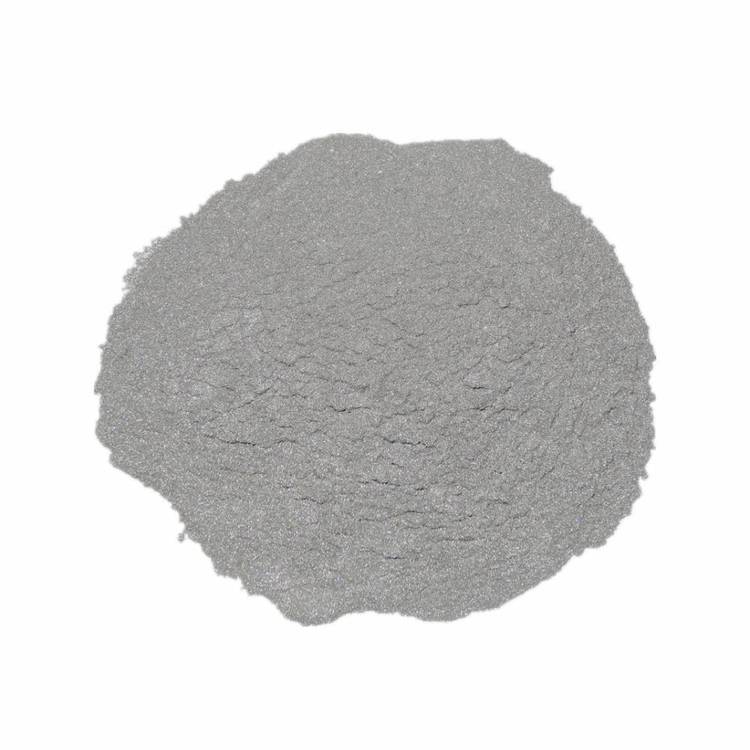
- High Strength-to-Weight Ratio: Combines the lightweight benefits of aluminum with the strength of iron.
- Thermal Stability: Resistant to high temperatures, making it ideal for demanding environments.
- Corrosion Resistance: Excellent performance in corrosive conditions.
- Customizable Particle Sizes: Suitable for diverse manufacturing processes.
- High Purity: Ensures consistent quality and performance.
- Excellent Alloying Properties: Compatible with various manufacturing techniques like powder metallurgy and additive manufacturing.
-
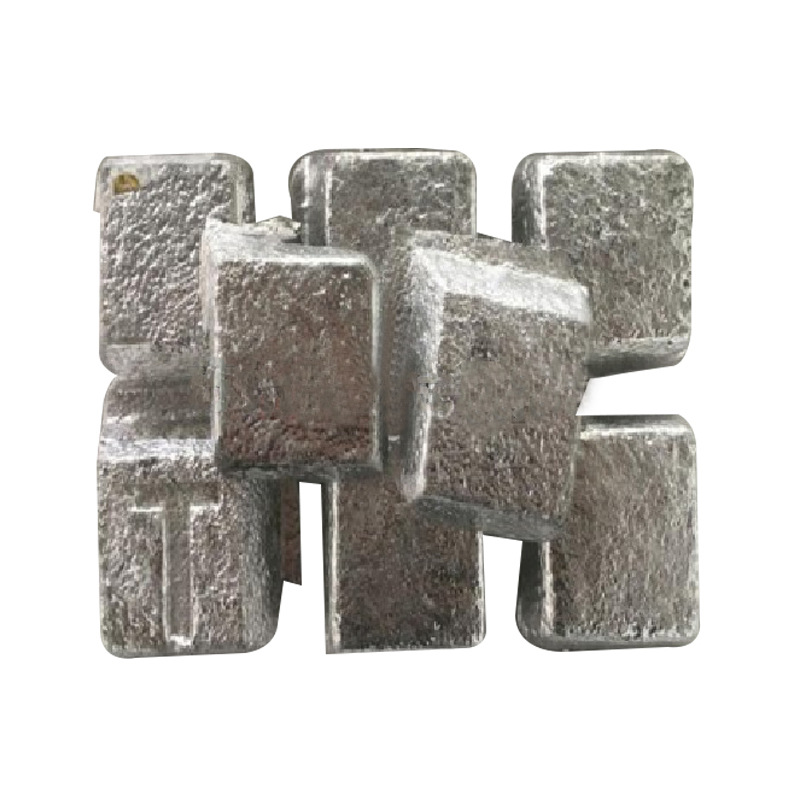
- Enhanced Strength: The iron content provides increased mechanical strength compared to pure aluminum.
- Corrosion Resistance: Improved corrosion resistance, making it suitable for harsh environments.
- Magnetic Properties: Offers magnetic characteristics beneficial for specific electronic applications.
- Versatile Deposition Techniques: Compatible with various deposition methods, including thermal evaporation and sputtering.
-
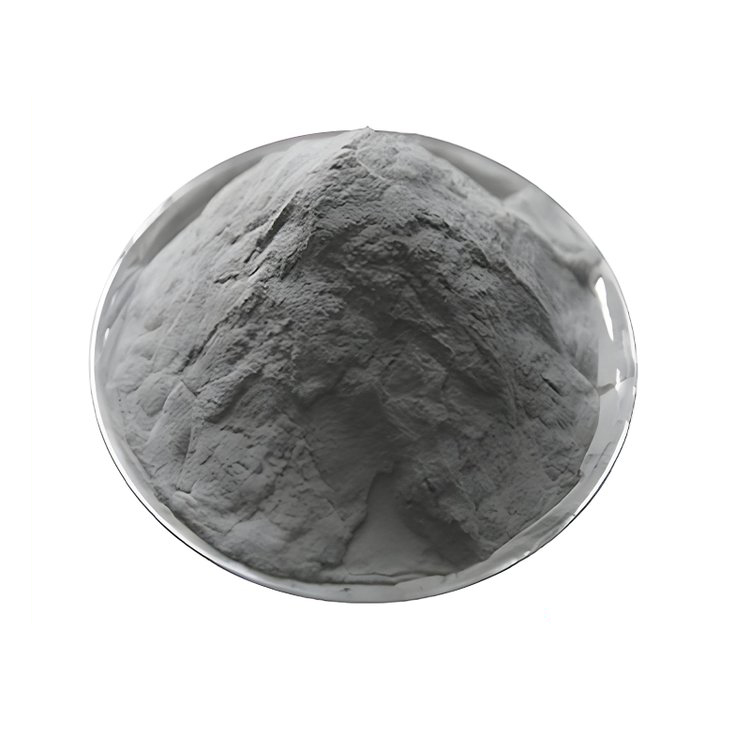
- High Strength-to-Weight Ratio: Combines lightweight characteristics with robust mechanical properties.
- Excellent Wear Resistance: Ensures durability in high-stress environments.
- Corrosion and Oxidation Resistance: Performs reliably in extreme chemical or thermal conditions.
- Uniform Microstructure: Enhances performance consistency across applications.
- Wide Applicability: Suitable for 3D printing, surface coatings, and high-performance components.
-
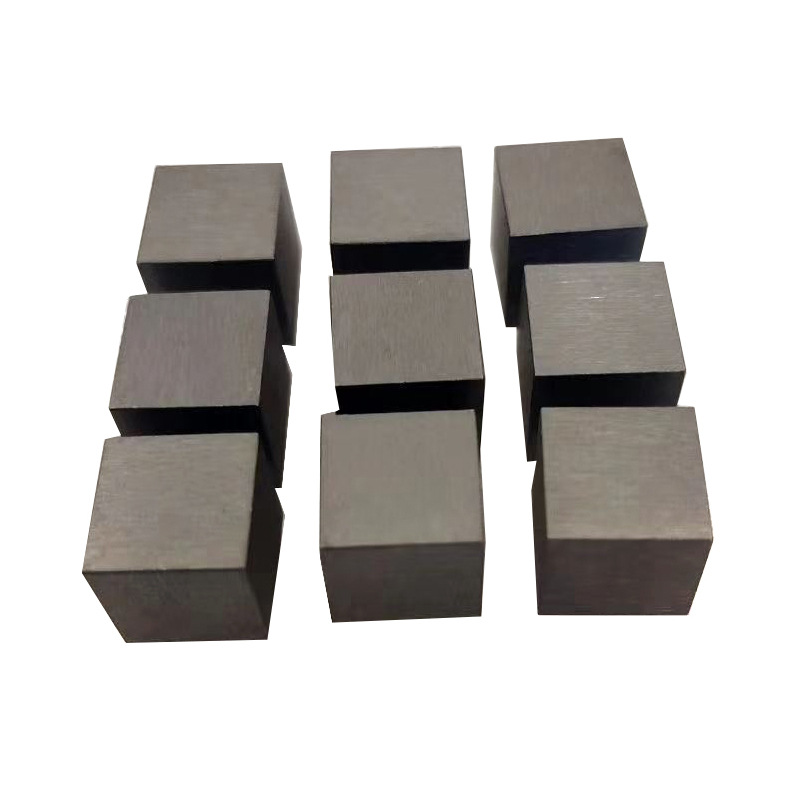
- Lightweight: Lower density compared to many metals, making it suitable for weight-sensitive applications.
- Corrosion Resistance: Enhanced resistance to corrosion, particularly in marine environments.
- Improved Strength: Magnesium improves the strength and ductility of aluminum.
- Versatile Deposition: Compatible with various deposition techniques, including thermal evaporation and sputtering.
-
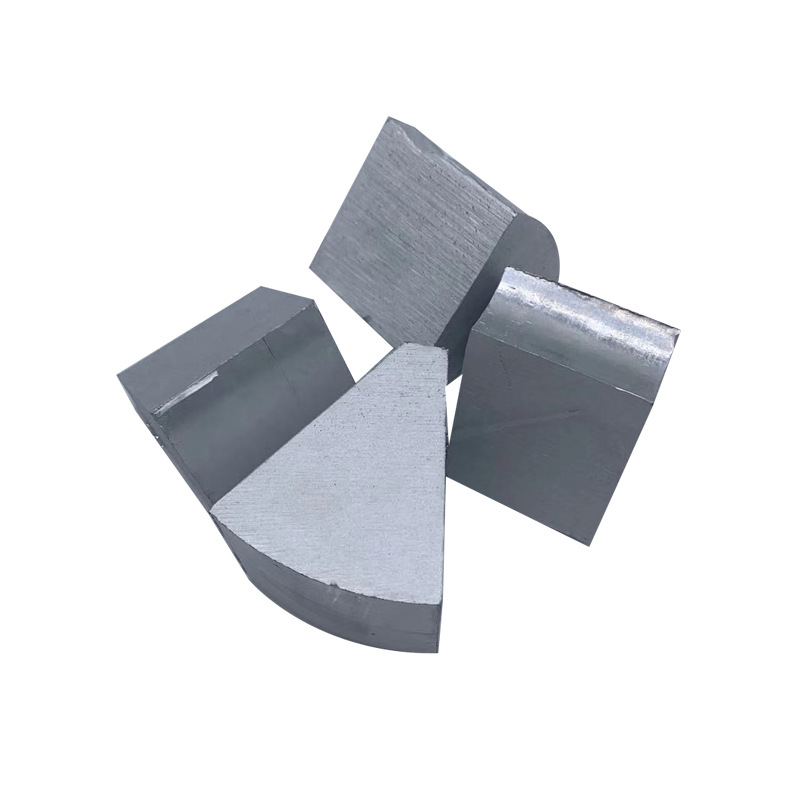
- Enhanced Strength: Molybdenum contributes to higher strength and stability at elevated temperatures.
- Good Thermal Conductivity: Provides effective heat dissipation in electronic applications.
- Corrosion Resistance: Offers improved resistance against oxidation and wear.
- Versatile Deposition: Compatible with thermal evaporation and sputtering techniques.
-
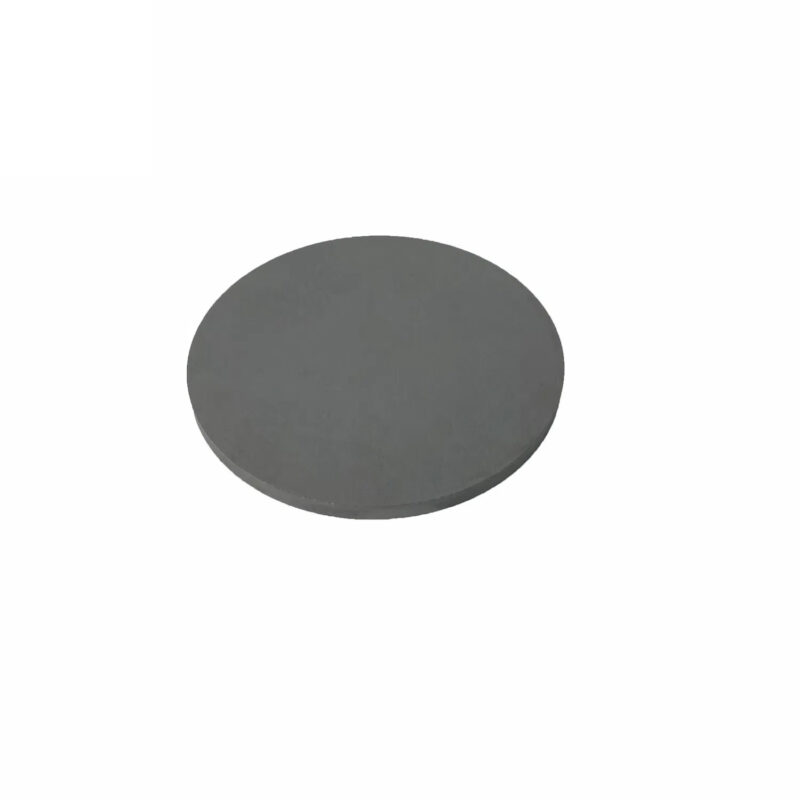
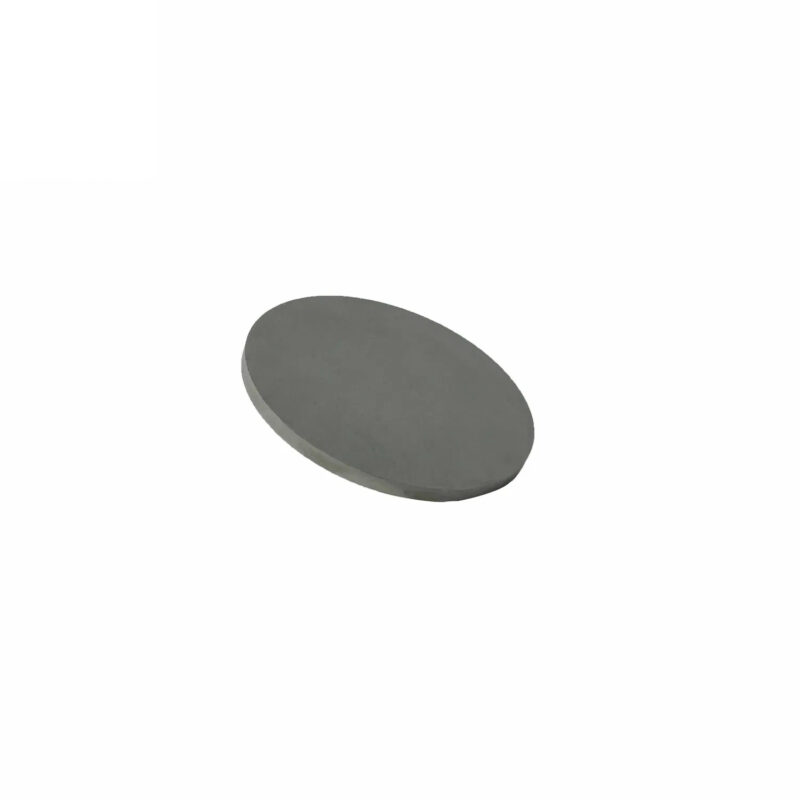
- High Thermal Conductivity: AlN offers one of the highest thermal conductivities among non-metals, which is vital for heat dissipation in high-power electronics and optoelectronics.
- Electrical Insulation: AlN is an excellent electrical insulator, making it suitable for electronic applications requiring electrical isolation with effective thermal management.
- Piezoelectric Properties: AlN exhibits strong piezoelectric properties, making it ideal for use in sensors, actuators, and acoustic wave devices.
- High Hardness and Durability: AlN films are mechanically robust, offering good wear resistance and durability for applications in harsh environments.
- Good Chemical Stability: AlN is resistant to many chemicals and environmental conditions, ensuring longevity in demanding applications.
-
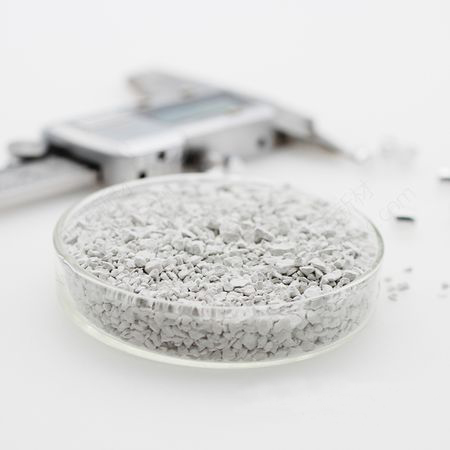
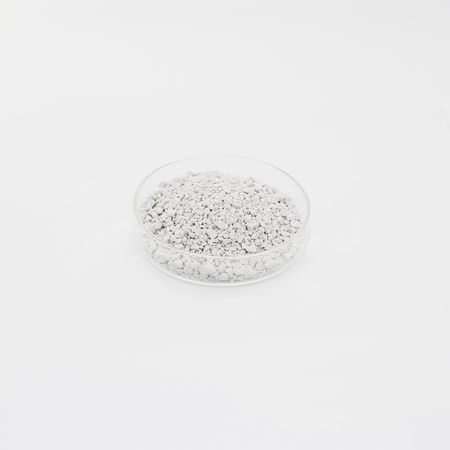
- Thin-Film Deposition: AlN pellets are used as a source material in Physical Vapor Deposition (PVD) techniques, such as sputtering and electron beam evaporation, to create thin AlN coatings on substrates. These coatings are utilized for microelectronics, optoelectronics, and protective layers.
- Thermal Management: Used in industries requiring materials with high thermal conductivity for heat dissipation, like LEDs and high-power semiconductors.
- Ceramic Engineering: AlN pellets are employed in developing advanced ceramics for aerospace, automotive, and electronic industries.
- Optical Applications: Ideal for infrared optics due to good transparency in the IR range.
-
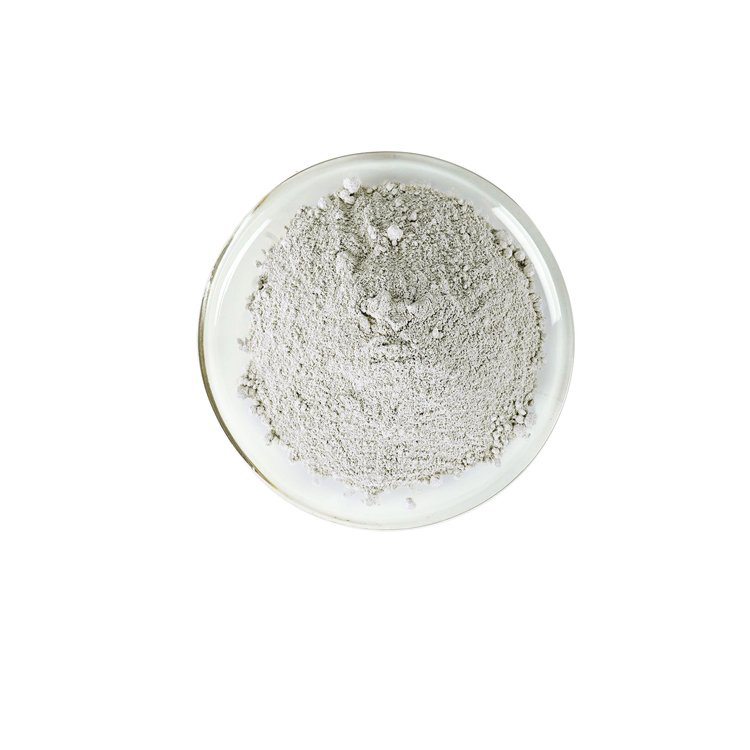
- High Thermal Conductivity: Up to 180 W/m·K, ideal for heat dissipation in electronic devices.
- Excellent Electrical Insulation: High resistivity, suitable for high-voltage applications.
- Low Thermal Expansion: Matches well with silicon, reducing thermal stress in electronic assemblies.
- Chemical Stability: Resistant to chemical corrosion, even at high temperatures.
- Wide Applicability: Compatible with a variety of processing methods, including sintering and powder metallurgy.
- Customizable Particle Sizes: Available in nano-scale and micro-scale particle sizes to meet specific requirements.
-
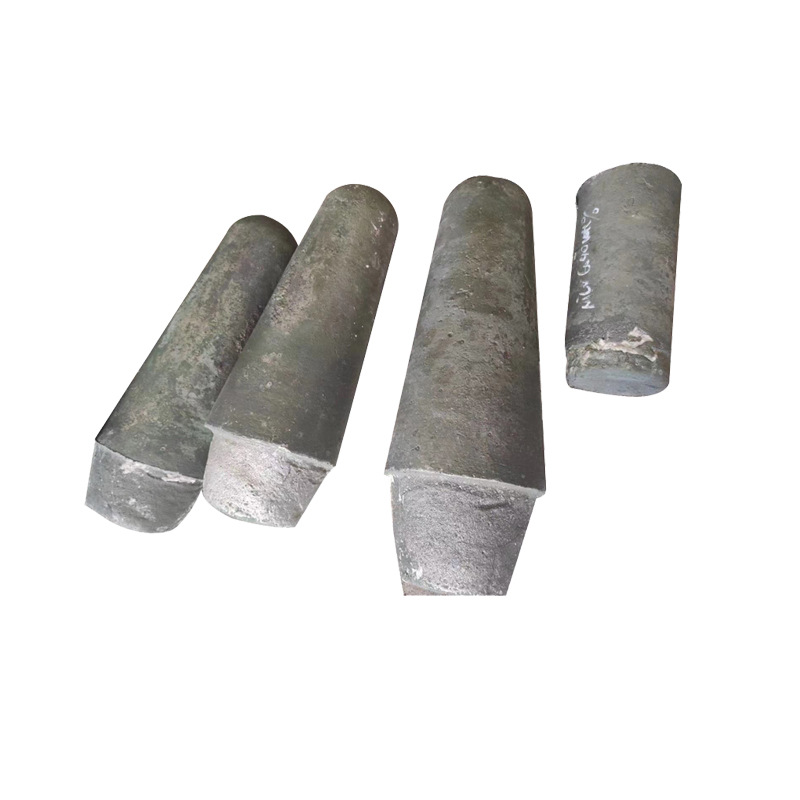
- High Strength-to-Weight Ratio: Combines the lightweight nature of aluminum with the strength of niobium.
- Improved Thermal Stability: Suitable for high-temperature applications without significant degradation.
- Corrosion Resistance: Offers enhanced resistance to oxidation and wear in harsh environments.
- Versatile Processing: Compatible with various deposition techniques including thermal evaporation and sputtering.















